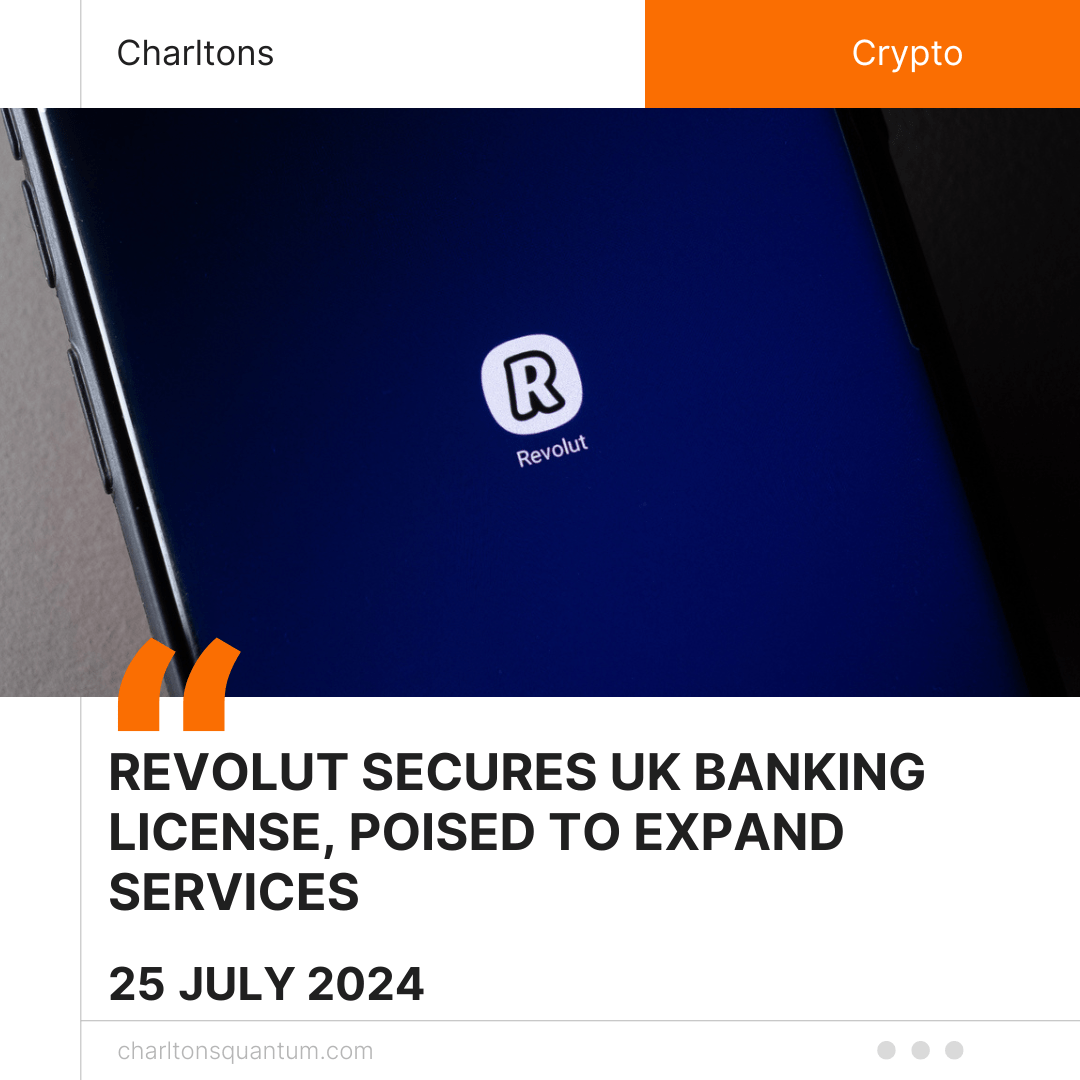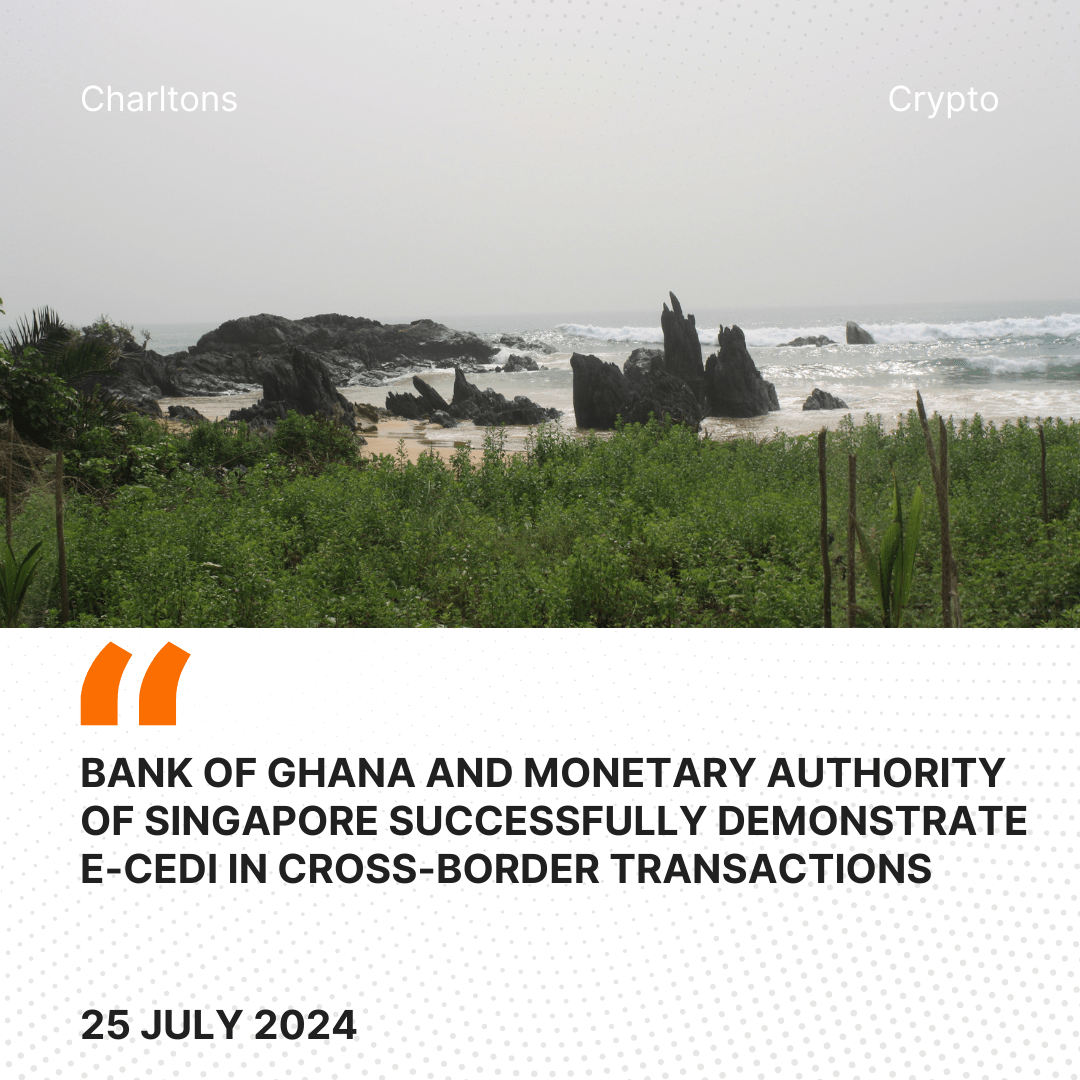Hong Kong’s law and regulation of the Blockchain and Cryptocurrencies Introduction
- No regulation of Blockchain technology in Hong Kong
- Hong Kong regulators regard cryptocurrencies not as legal tender, money or currencies, but typically as ‘virtual commodities’ which are not subject to regulation
Are cryptocurrencies securities?
- In September 2017, the Securities and Futures Commission (the SFC) issued a “Statement on initial coin offerings” outlining 3 scenarios where cryptocurrencies may be securities:
- have rights of ownership, or to income distribution, or to share on winding-up – may be shares
- fund project(s) and holders share returns – may be a collective investment scheme (CIS)
- represent a debt of issuer – may be debentures
- An ICO whose tokens are securities must comply with:
- offering document authorisation requirements (subject to available exemptions)
- SFC licensing requirements for intermediaries offering the tokens, managing the scheme or trading the tokens
- The SFC: bitcoin futures contracts traded on certain futures exchanges (including U.S. CME and Cboe exchanges) are futures contracts regulated by the SFC
- ICOs are typically structured as sales of utility tokens which will provide access to a platform and/or a means of payment for its services -> may not be considered a securities offer where holders do not receive a share of the return provided by the platform
Example of an ICO not involving a securities offering
- Company A plans to set up a platform to enable sharing and rental of computing power amongst the users of the platform. Company A intends to offer digital tokens (Token A) in Hong Kong to raise funds to develop the platform. Token A will give token holders access rights to use Company A’s platform. The token can be used to pay for renting computing power provided by other platform users. Token A will not have any other rights or functions attached to it. Company A intends to offer Token A to any person globally, including in Hong Kong.
Example of an ICO which is a securities offering
- Company B intends to offer digital tokens (Token B) to any person globally, including in Hong Kong. Company B will pool funds raised from the offer and use the funds to invest in a portfolio of shares in FinTech companies (Portfolio). Company B will also manage the Portfolio. Holders of Token B will not have any powers relating to the day-to-day operations of Company B or the management of the Portfolio. Profits arising from the Portfolio will be pooled and distributed as payments to the token holders. The purpose of the arrangement is to enable token holders to receive profits arising from the Portfolio.
Collective Investment Scheme (CIS)
- The essential features of a CIS:
- it must involve an arrangement in respect of property (property is broadly defined)
- participants do not have day-to-day control over the management of the property (even if they have the right to be consulted or to give directions about the management of the property)
- the property is managed as a whole by or on behalf of the person operating the arrangements, and/or the participants’ contributions and the profits or income are pooled; and
- the purpose or effect of the arrangement is to provide participants with profits, income or other returns from the acquisition or management of the property
Crypto Trading Exchanges
Hong Kong cryptocurrency trading exchanges -> Obtain money service operator licence -> Implement AML and CTF procedures
- Hong Kong cryptocurrency trading exchanges typically obtain a “money service operator” (MSO) licence – not because cryptocurrencies constitute money or currencies (which they do not), but because the remittance of fiat currency out of Hong Kong, or its receipt from outside Hong Kong, constitutes a remittance service which requires an MSO licence
SFC February 2018 Statement
- On 9 February 2018, the SFC issued a statement warning investors of cryptocurrency risks related to cryptocurrency exchange trading and buying into ICOs
- The SFC has sent letters to seven cryptocurrency exchanges in Hong Kong or connected to Hong Kong notifying them that they should not trade cryptocurrencies which are “securities” as defined under the SFO unless they are licensed by the SFC. Most of the cryptocurrency exchanges contacted by the SFC have apparently either:
- confirmed that they do not trade cryptocurrencies which are “securities” under the SFO; or
- immediately rectified the position and ceased trading in cryptocurrencies that are securities
- The SFC notes that it will closely monitor ICOs and will pursue regulatory action in appropriate cases
- The statement describes ICOs as “essentially crowdfunding by blockchain start-ups” and notes that ICO issuers are typically “assisted by market professionals such as lawyers, accountants and consultants” to structure the ICO as an offering of “utility tokens to fall outside the purview of the SFO and to circumvent the scrutiny of the SFC”
- The statement is welcome to the extent it appears to acknowledge that digital tokens which are “utility tokens” are not “securities” under the SFO
Conclusion
- In Hong Kong, ICOs are providing a much-needed legal means of crowdsourced fund raising, particularly for start-ups in tech and disruptive industries where bank and venture capital financing may not be an option
- Hong Kong regulators’ reticence to clamp down on ICOs is welcome given that ICOs are providing the funding vital to the revolutionary blockchain technology with its transformative potential for economies





